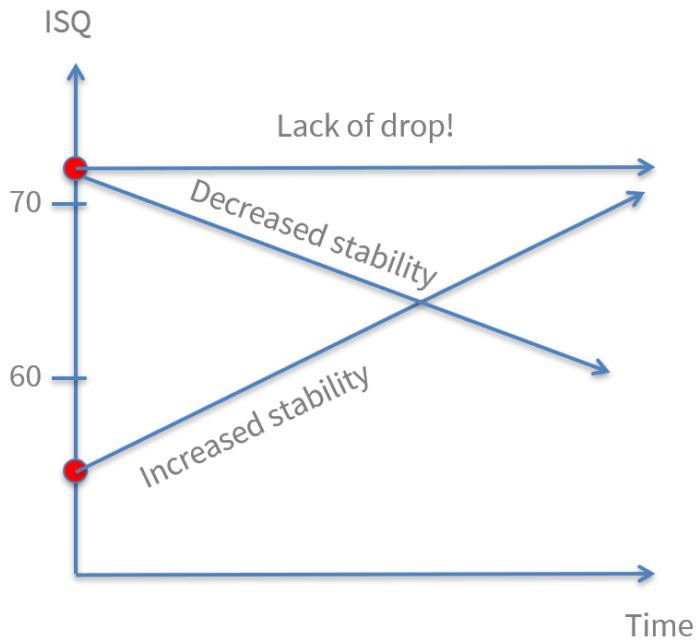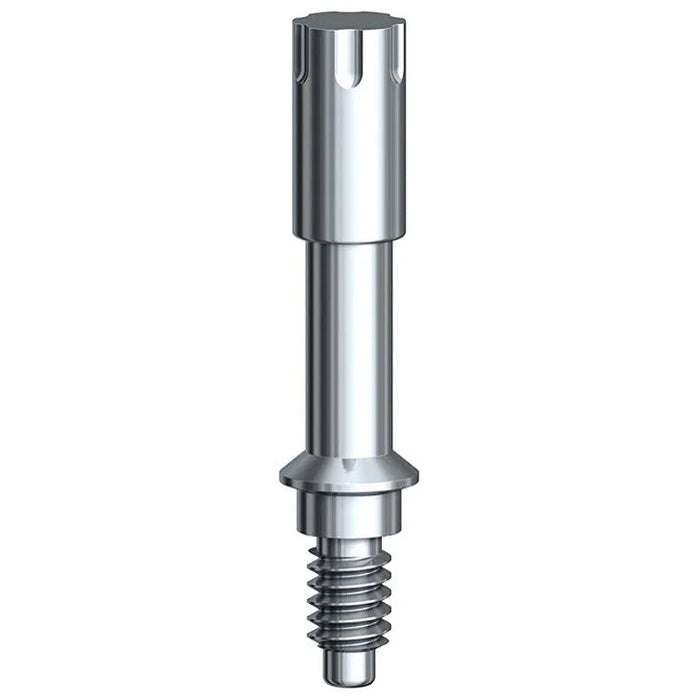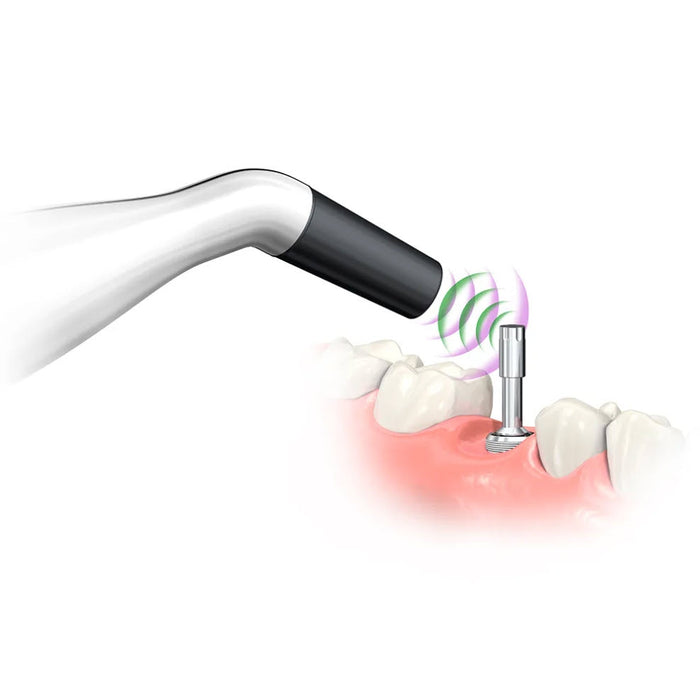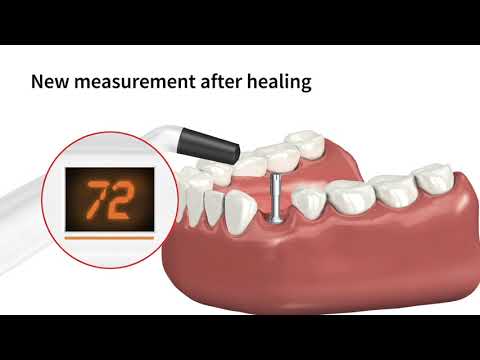
Penguin RFA
The Penguin RFA provides accurate and objective measurements of implant stability and in turn osseointegration, serving as reliable support when making the decision on whether or not to load. The complete list of Multipegs can be found here.
Penguin RFA
Monitor Osseointegration!
Introducing the Penguin RFA, the affordable solution for ISQ (Implant Stability Quotient) implant stability measurement. Developed by the same team who brought RFA (resonance frequency measurement) to dentistry, the Penguin RFA delivers accurate results using reusable, calibrated Multipegs. Penguin RFA measures implant stability and osseointegration to enhance decision making on when to load.
Clinical benefits include:
- Accurate ISQ measurement provides greater confidences when determining osseointegration and safe loading times
- Cordless, light-weight (<3 oz), and easy to use
- A fraction of the cost of competing ISQ devices
- Two-year warranty, Made in Sweden
- Unit (Packed): 12" x 5" x 4" (27 x 36 x 61 cm)
MulTipegs are calibrated to individual implant brands and sizes. In some cases, MulTipegs may be used across different brands for an even better return on investment. Call Aseptico or consult the online MulTipeg list to order the correct MulTipeg for your implants.
Technique behind and the ISQ scale
The technique behind the Penguin RFA is called Resonance Frequence Analysis (RFA) and the measurement unit is named Implant Stability Quotient (ISQ).
The peg is excited by magnetic pulses and vibrates due to the stiffness in the contact area between the bone and the implant surface.Once attached to an implant, magnetic pulses cause the MulTipeg™ to vibrate. The instrument measures the frequency of the vibration and translates it to an ISQ scale value between 1 and 99. The higher the ISQ value, the better the stability. RFA measures implant stability as a function of interface stiffness, which correlates with implant displacement, i.e. micro-mobility. The local bone density determines the ISQ value, and is influenced by factors such as the implant placement technique, implant design and healing time. Implants with low and/or dropping ISQ values seem to pose an increased risk for failure compared with implants with high and/or increasing values.

The ISQ-scale and clinical guidelines
Values above ISQ 70 indicate a very stable implant with low micro-mobility. This value is typically recommended for one-stage and immediate loading. A second measurement is recommended before the final restoration to verify osseointegration.

Osseointegration
Values in the range of 75 ISQ means the implant is already so stable that osseointegration cannot add stability in a significant way. The proof of osseointegration is the lack of a drop in ISQ.
If the implant has a low initial ISQ, let’s say 55, osseointegration will add stability over time.





